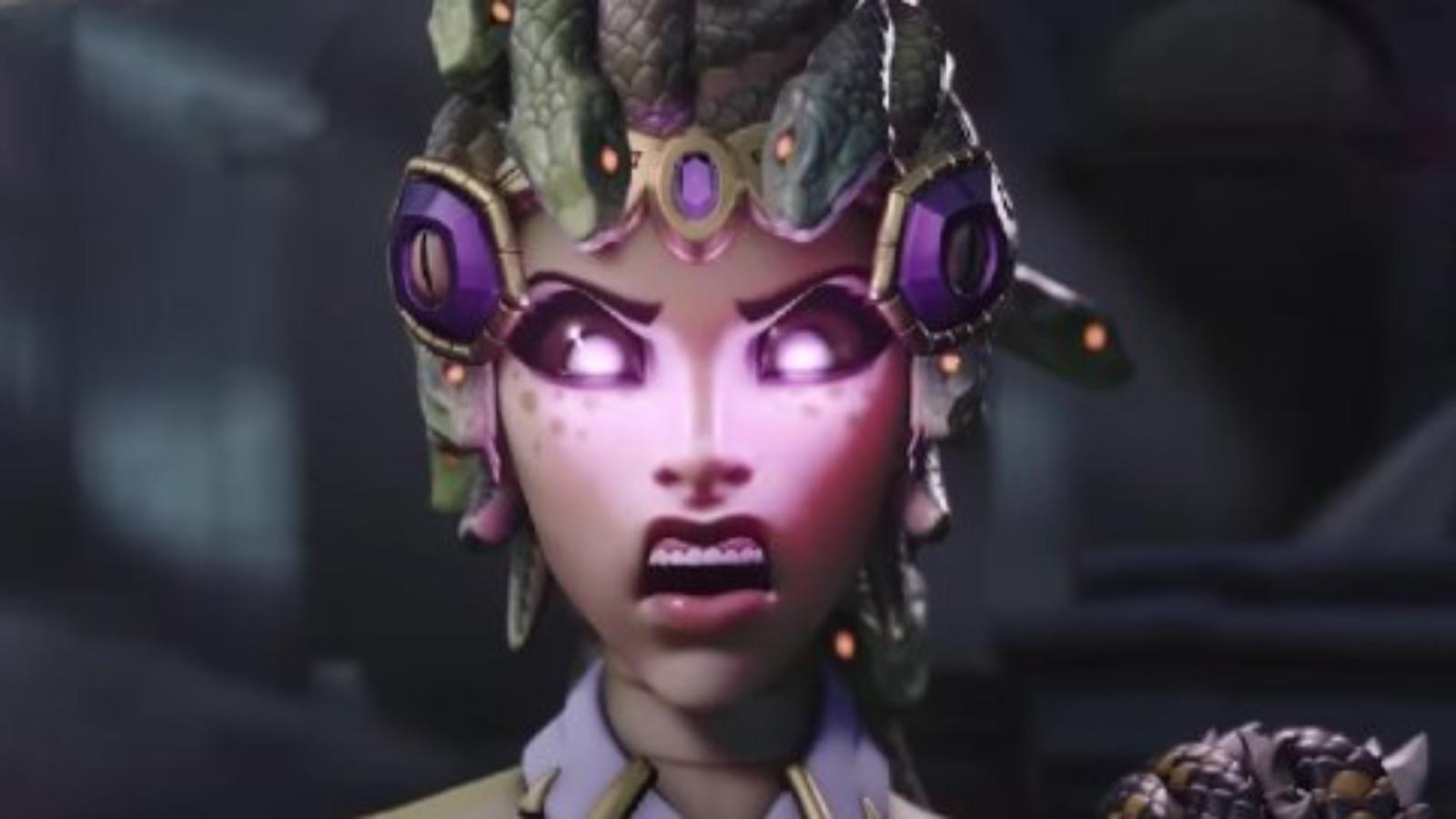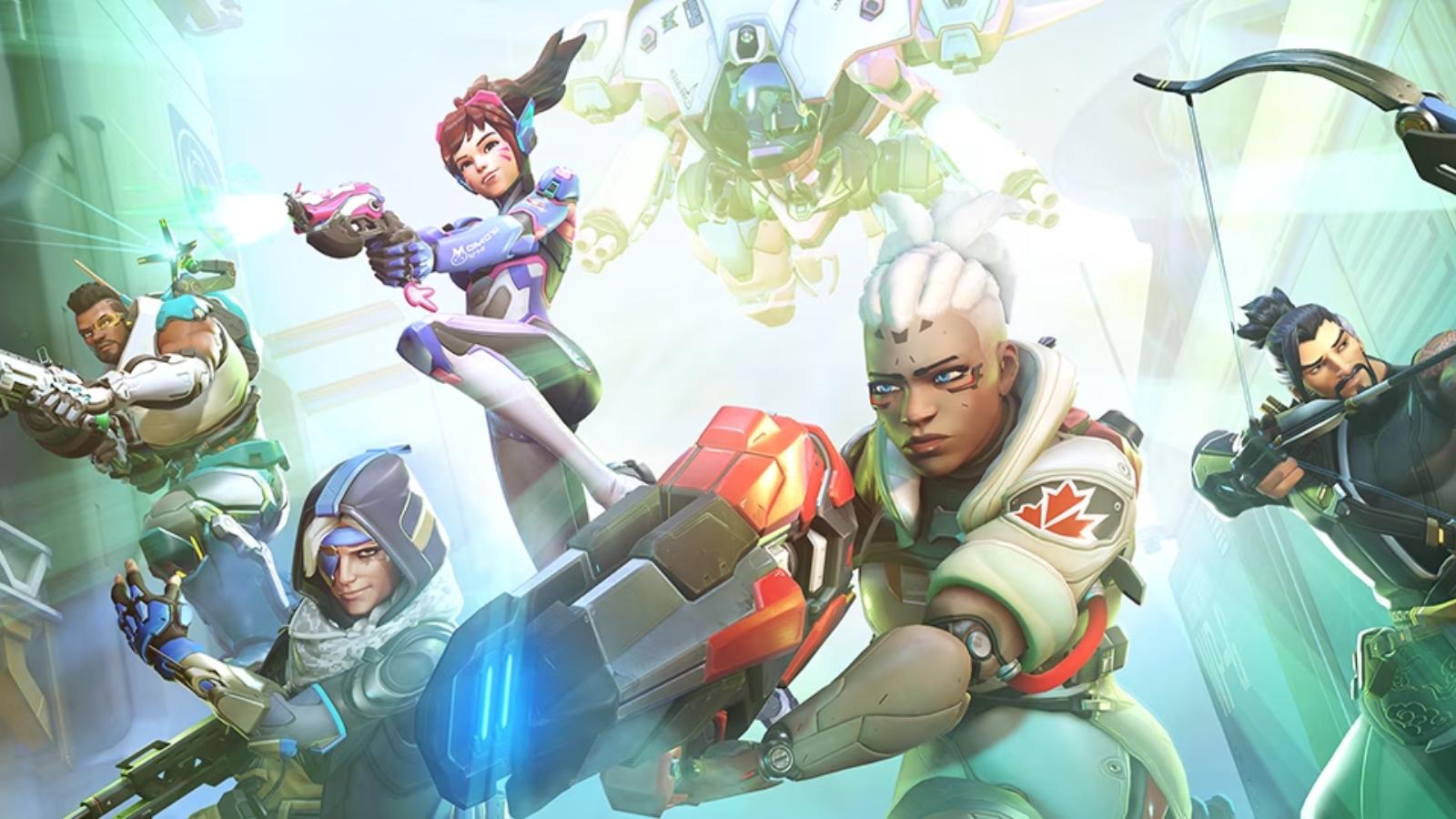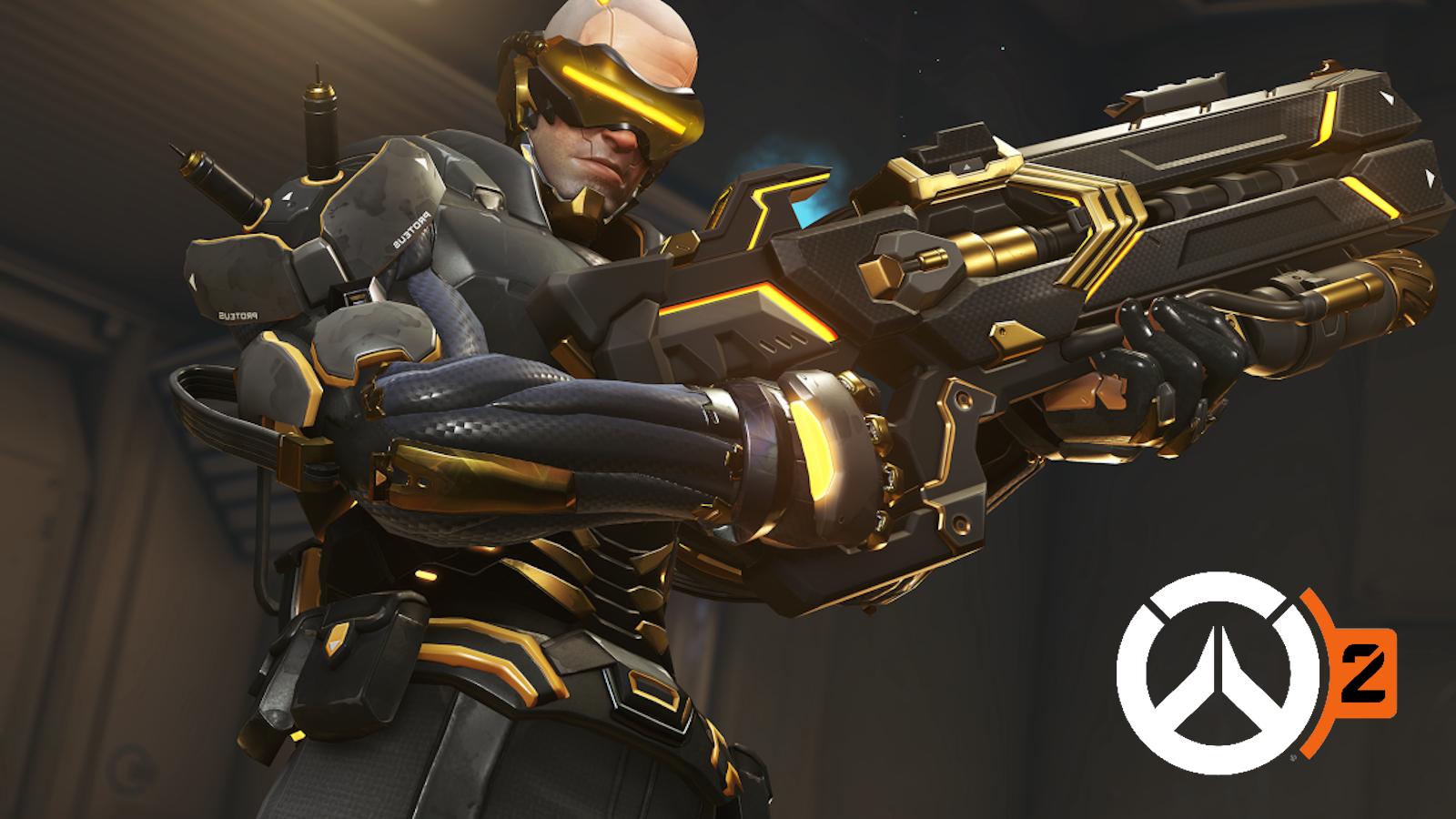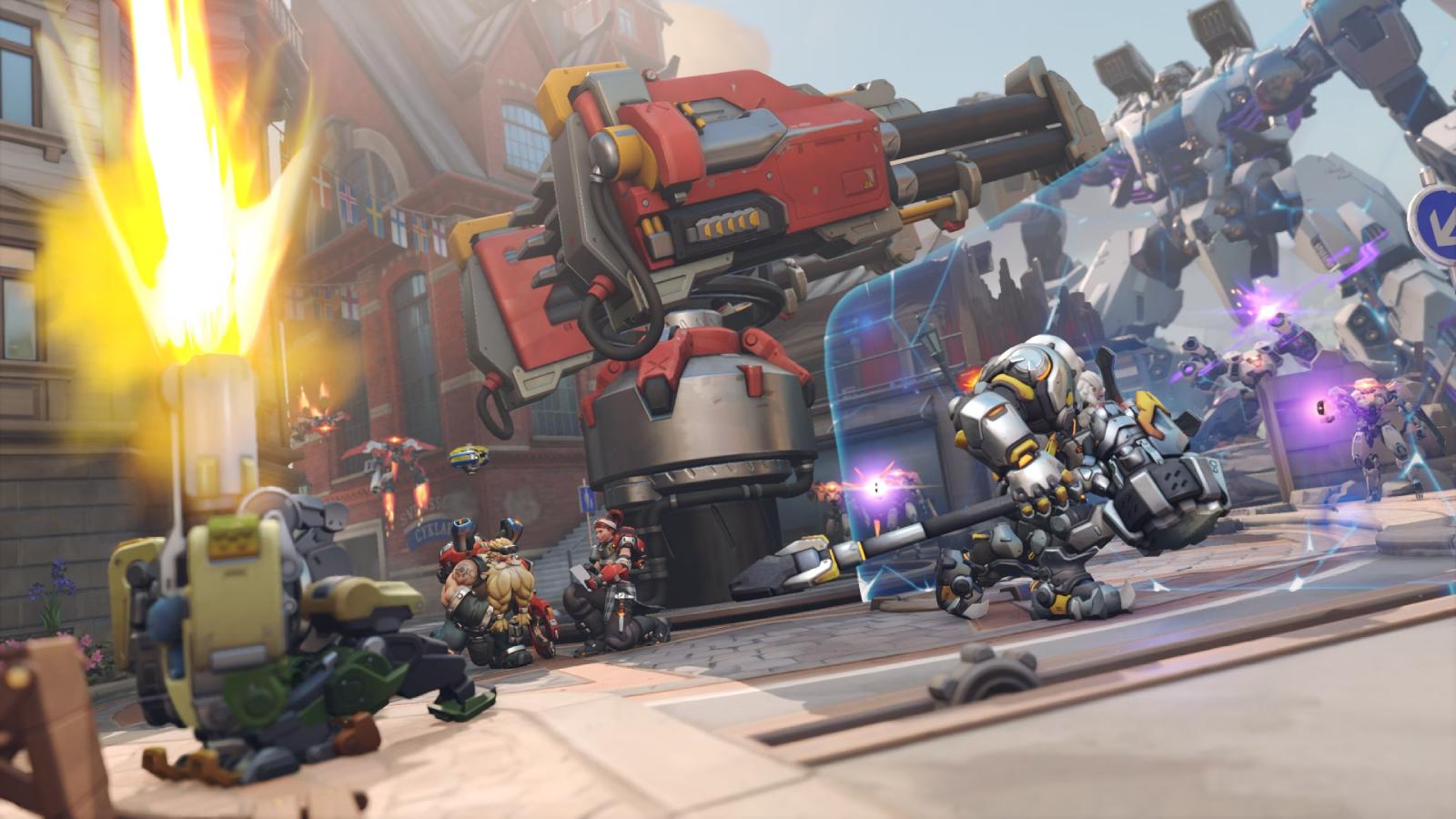Seagull explains why Overwatch’s “GOATS” meta is Tracer’s fault
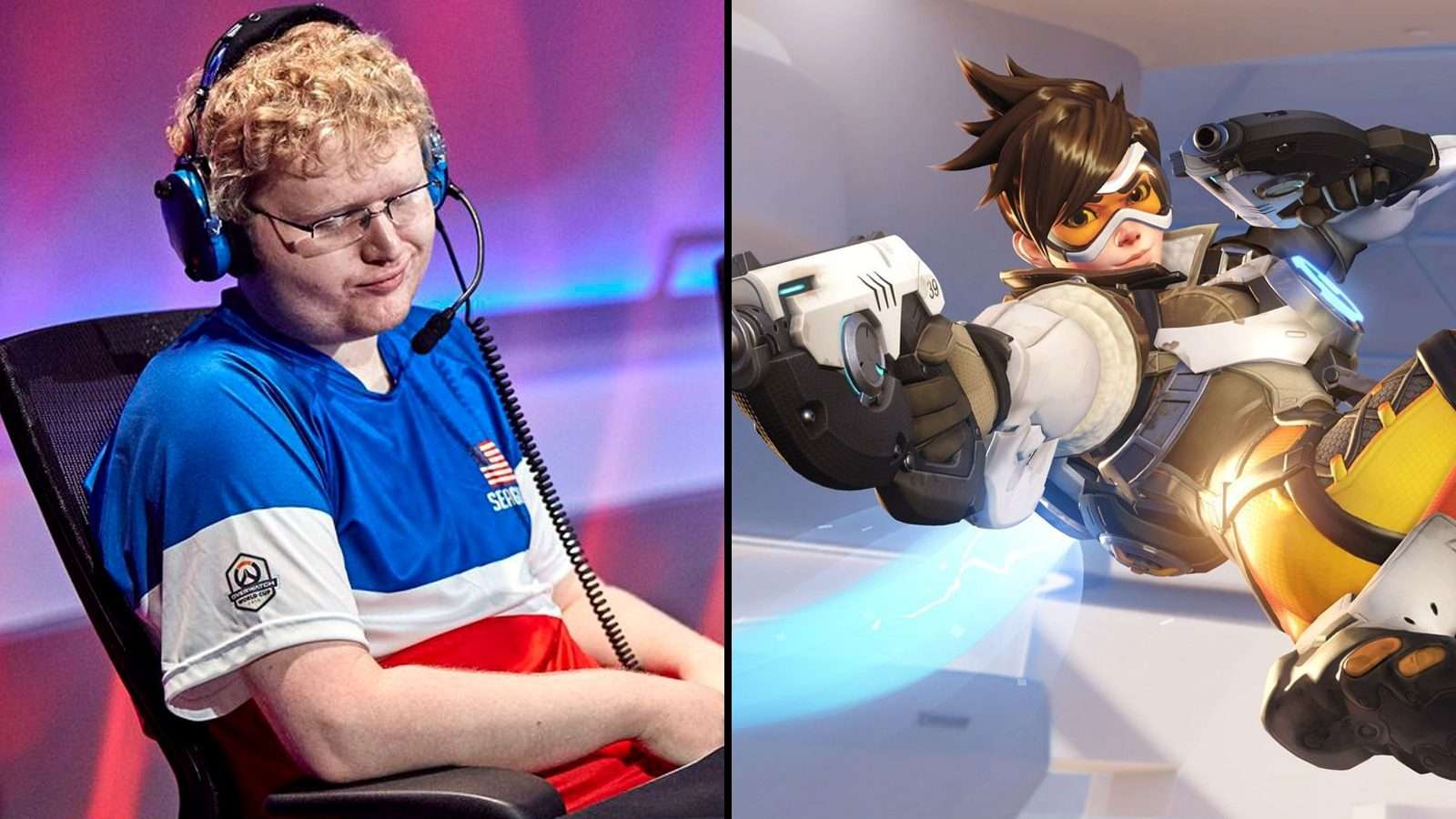 Blizzard Entertainment
Blizzard EntertainmentOverwatch streamer and former pro player Brandon ‘Seagull’ Larned has explained why Tracer is really to blame for the game’s current prevailing meta.
[ad name=”article1″]
Right now, the most popular composition in Overwatch is a tank-heavy set-up commonly referred to as “GOATS”, after the Overwatch Contenders team that first popularized it.
This tank-heavy meta has been the subject of some criticism from fans, who find the game less dynamic and varied as a result of such a powerful composition being built around tank and support heroes which typically offer fewer opportunities for showcasing mechanical excellence compared to the DPS class.
It was the addition of Brigitte that precipitated the rise of the GOATS composition. Brigitte herself has been the target of even more frustration, with some players even going so far as to start a “DeleteBrig” campaign.
[ad name=”article2″]
Seagull, however, who has had a well-known dislike of Tracer since the very earliest days of his streaming career, claims that the root cause of all of this is actually how powerful Tracer is.
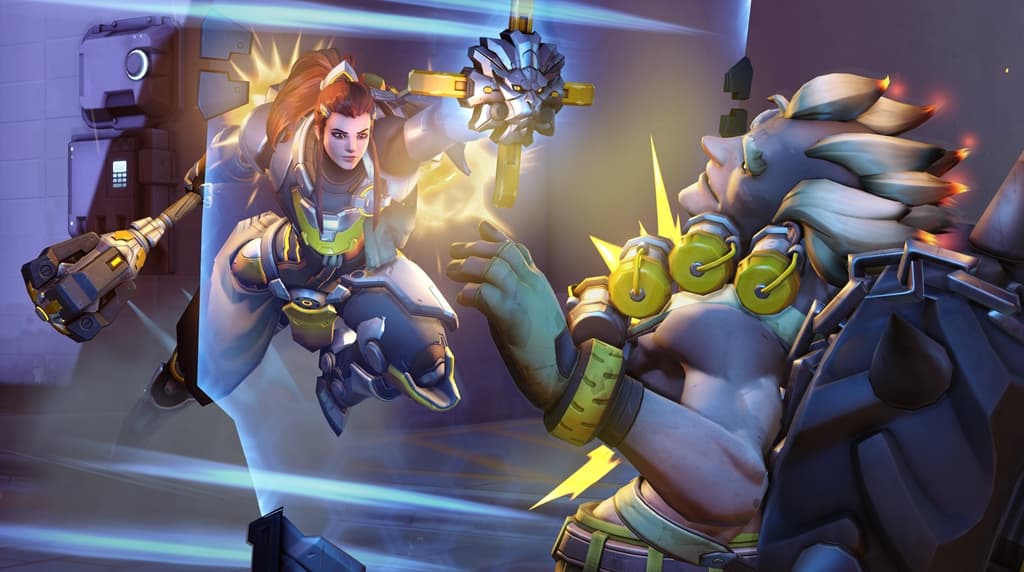 Brigitte has been the source of much frustration for many Overwatch players since her release.
Brigitte has been the source of much frustration for many Overwatch players since her release.As the game’s cover mascot, some have long claimed that Tracer – who was viable in almost every prior meta and yet was never significantly nerfed – has had special treatment from Blizzard.
[ad name=”article3″]
Instead of reducing her power level, Blizzard eventually produced Brigitte as a counter to Tracer and more broadly the “dive” compositions that were created around her. Brigitte has been so powerful, however, that she herself has now become central to most viable compositions.
“Blizzard had to come up with an abomination of a character that was somehow stronger than Tracer to hard-counter Tracer out of the game, right, and that’s how we ended up here”, Seagull claims.
